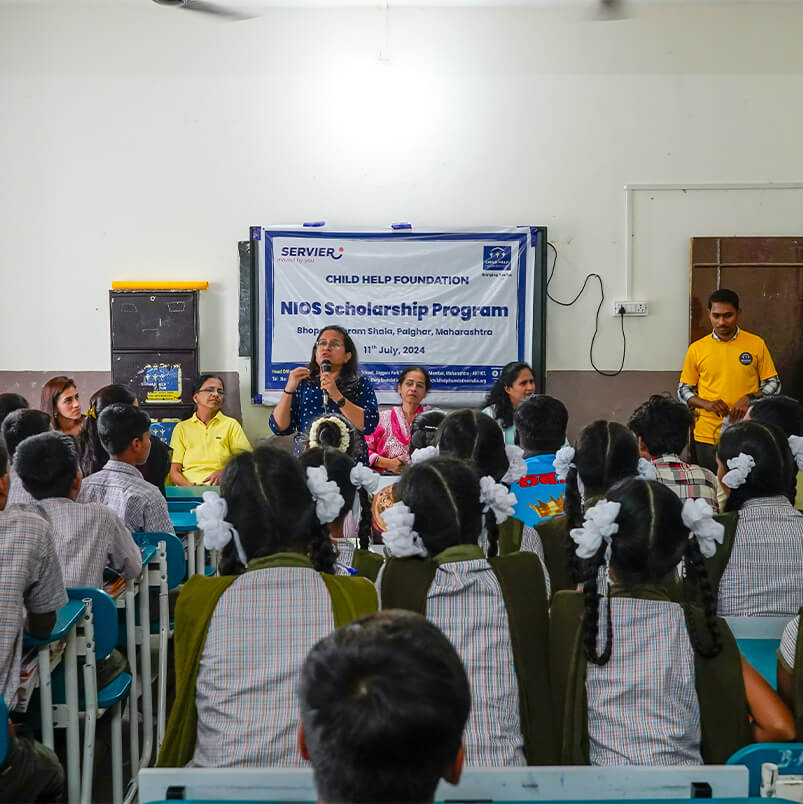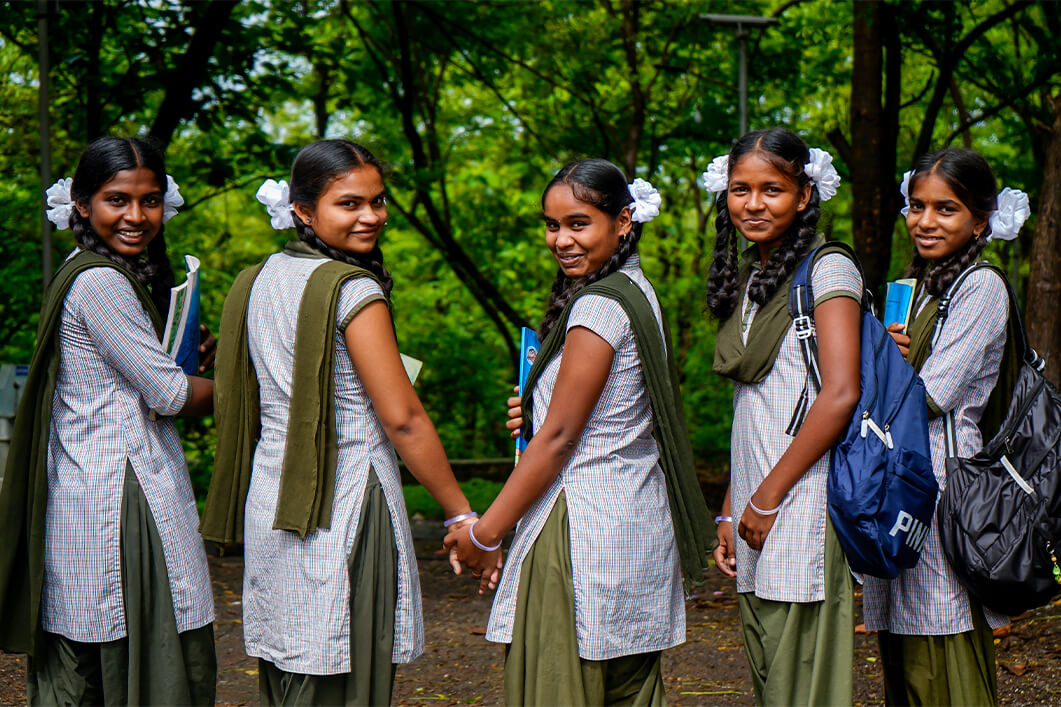Every child is born with immense potential. The first few years of life are the most critical for laying the foundation of lifelong learning, health, behaviour, and well-being. Studies show that nearly 90% of brain development occurs before a child reaches the age of five. It is during this vital window that children develop the cognitive, emotional, and social skills that shape their future. And yet, in many parts of the world—especially in developing nations like India— early childhood development (ECD) is often not given the importance it so urgently deserves.
The Importance of Early Childhood DevelopmentEarly childhood is not just about preparing children for school; it is about preparing them for life. Good nutrition, responsive caregiving, health check-ups, early stimulation, and safe environments are all essential elements of strong early childhood development.
Children who receive proper care and stimulation in their early years tend to perform better academically, exhibit better social behaviours, and grow up to be more economically productive adults. On the other hand, a lack of care, poor nutrition, emotional neglect, and exposure to violence during these early years can result in lifelong setbacks, including learning difficulties, chronic health problems, and socio-emotional challenges.
The Harsh Reality for MillionsUnfortunately, millions of children across India and other developing countries do not have access to even the most basic developmental resources. Malnutrition continues to be a major threat to early development, with stunting and wasting still prevalent among children under five. Lack of immunisation, inadequate sanitation, and limited access to early education only compound the problem.
According to UNICEF, 43% of Indian children under the age of five are at risk of not achieving their full developmental potential due to poverty, poor health, and lack of early stimulation. These children are not failing due to a lack of intelligence or capability; they are being failed by a system that does not prioritise their early years.

Why Investing Early Makes Sense
Investing in early childhood development is not just the right thing to do—it is also the smart thing. For every rupee spent on early childhood care and education, the return on investment is many times higher in terms of future productivity, reduced crime, lower healthcare costs, and improved social outcomes.
Economist James Heckman, a Nobel laureate, found that the rate of return on investment in early childhood programmes is around 13% per annum, through better education, health, and social outcomes. The earlier we invest, the greater the returns—both for the child and society as a whole.
How Child Help Foundation Is Making a DifferenceAt Child Help Foundation (CHF), we believe that every child deserves the best start in life, regardless of their socio-economic background. Our programmes are focused on ensuring that underprivileged children receive timely health interventions, access to early learning, nutritious meals, and safe environments to grow.
Through our initiatives such as School Health Programmes, nutrition drives, Anganwadi support, and awareness workshops for mothers and caregivers, we strive to bridge the developmental gap faced by disadvantaged children. We also conduct regular health screenings and awareness sessions in low-income communities to educate families about the importance of early care and stimulation.
CHF not only works with children but also empowers caregivers, educators, and community workers to recognise and support children’s developmental needs. When a caregiver is empowered, a child’s life changes for the better.
What You Can Do to HelpEarly childhood development should not be the sole responsibility of governments or NGOs. Each of us has a role to play. Whether you are a parent, teacher, corporate leader, or citizen, you can contribute:
- Donate to support early childhood programmes.
- Sponsor a child’s nutrition, healthcare, or pre-school education.
- Volunteeryour time or skills to teach, care for, or engage with children.
- Raise awareness in your community about the importance of the early years.
- Advocate for policy changes that support better funding and infrastructure for early childhood services.
The early years of a child’s life are a once-in-a-lifetime opportunity. What we do—or fail to do—during this period can impact generations. By making early childhood development a priority, we are investing not only in individual futures but in the strength and stability of our entire society.
At Child Help Foundation, we envision a world where every child, regardless of their background, can grow up healthy, educated, and safe.
